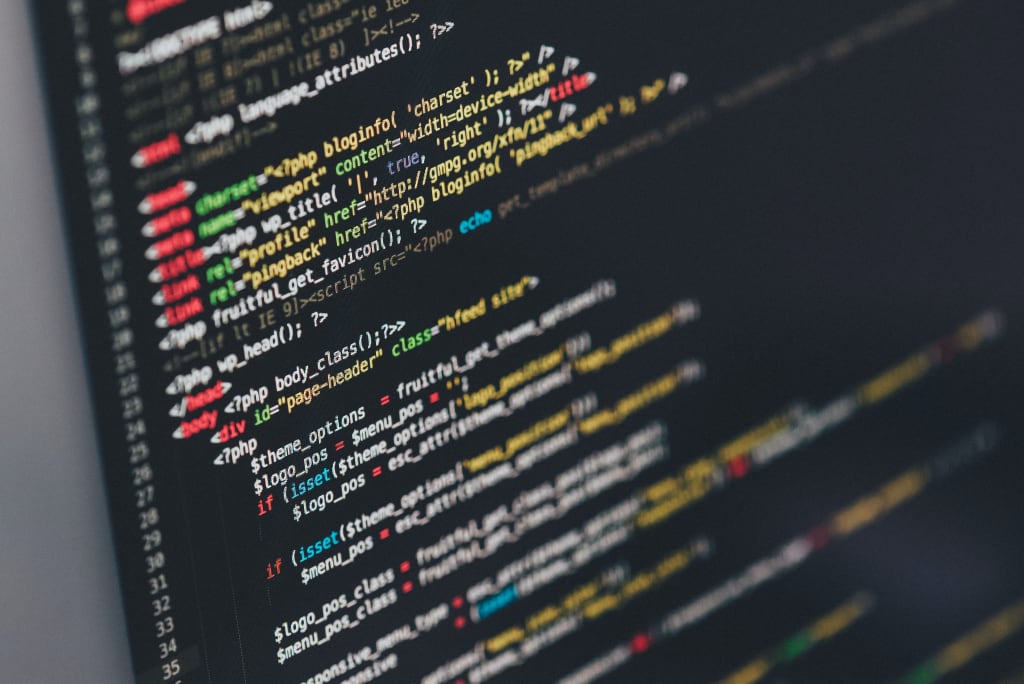Computer intelligence
Computer systems have overpowered humans in many tasks that shape our daily lives in transportation, communications, energy, finance, health, safety, and security.

AI is a collective of advanced technologies that allow machines to sense, comprehend and learn. It is set to transform businesses in ways not seen since the industrial revolution.
These challenges require both immediate and future action. Computing systems are already outperforming humans in many tasks that profoundly shape our everyday lives in the fields of transportation, communication, energy, finance, healthcare as well as defense and security. There are clear upsides and opportunities, but the unintended socio-political consequences are serious, disrupting the fabric of our social contracts, sense of human identity, dignity, and considerations of agency and personal empowerment. Also visible on the horizon is the existential challenge posed by the possible emergence within this century of superintelligent machines, which would be vastly superior in scale and speed to a human brain or even a collective of brains.
One of the main reasons of greatest value to the Internet’s origins, growth, and/or evolution is the concept of a Smart City which is described as one that uses digital technologies or information and communication technologies to enhance the quality and performance of urban services, to reduce costs and resource consumption and to engage more effectively and actively with its citizens. We will interact and get information from these smart systems using our smartphones, watches, and other wearables, and crucially, the machines will also speak to each other. The idea is to embed the advances in technology and data collection which are making the Internet of Things (IoT) reality into the infrastructures of the environments where we live.
Technologists and analysts are on a path to discovery, obtaining answers on how technology and the data collected can make our cities more efficient and cost-effective. The current model adopted for IoT is to attract businesses to develop software and hardware applications in this domain. The model also encourages businesses to put their creativity to use for the greater good, making cities safer, smarter, and more sustainable.
These challenges require both immediate and future action. There are clear benefits and opportunities, but the unintended social and political consequences are dire, disrupting our social contract, sense of human identity, dignity, and sense of agency and personal rights.
Our computers help us connect to the modern world. We use them to bank and pay bills, make purchases, communicate with friends and family via email and social networking sites, browse the Internet, and much more. Many companies and institutions have used the latest technology to create social impact. Whether it's health, education, or clean energy, phones, watches, and other wearable devices are, most of all, disrupting our social contract. Organizations across all industries are increasing their reach and impact by using technologies like artificial intelligence, which is a high-tech process that helps machines understand, understand, and learn. Internet of things, cloud technology, machine learning, blockchain, automation, virtual reality, digital and more.
Computer teams have to spend this time thinking about all the current shortcomings they see in their strategy, from the data deployed to the unmanageable amount of data sources. Taking a look at other recent innovations, such as blockchain and cryptocurrencies, and the challenges they face when it comes to regulation can help companies gain some insight into the possible implications for the future. Computer intelligence in the business sector has some interesting applications. This helps marketers collect more data and analyze it to make marketers more efficient and effective. These help companies make more sales and provide personalized recommendations to customers. E-commerce sites have integrated artificial intelligence as well, they collect basic information from customers about the specifications of the products they are looking for, then analyze the large data available and recommend those products to customers. Computer intelligence has brought many advancements to the industry. From product forecasting, price optimization, and website design, computer intelligence has given marketers the tools to build a sustainable business.
About the Creator
Raj Kosaraju
Raj specializes in Cloud Computing, AI , ML, Business Intelligence, IoT, Big Data, and Product Management.






Comments
There are no comments for this story
Be the first to respond and start the conversation.